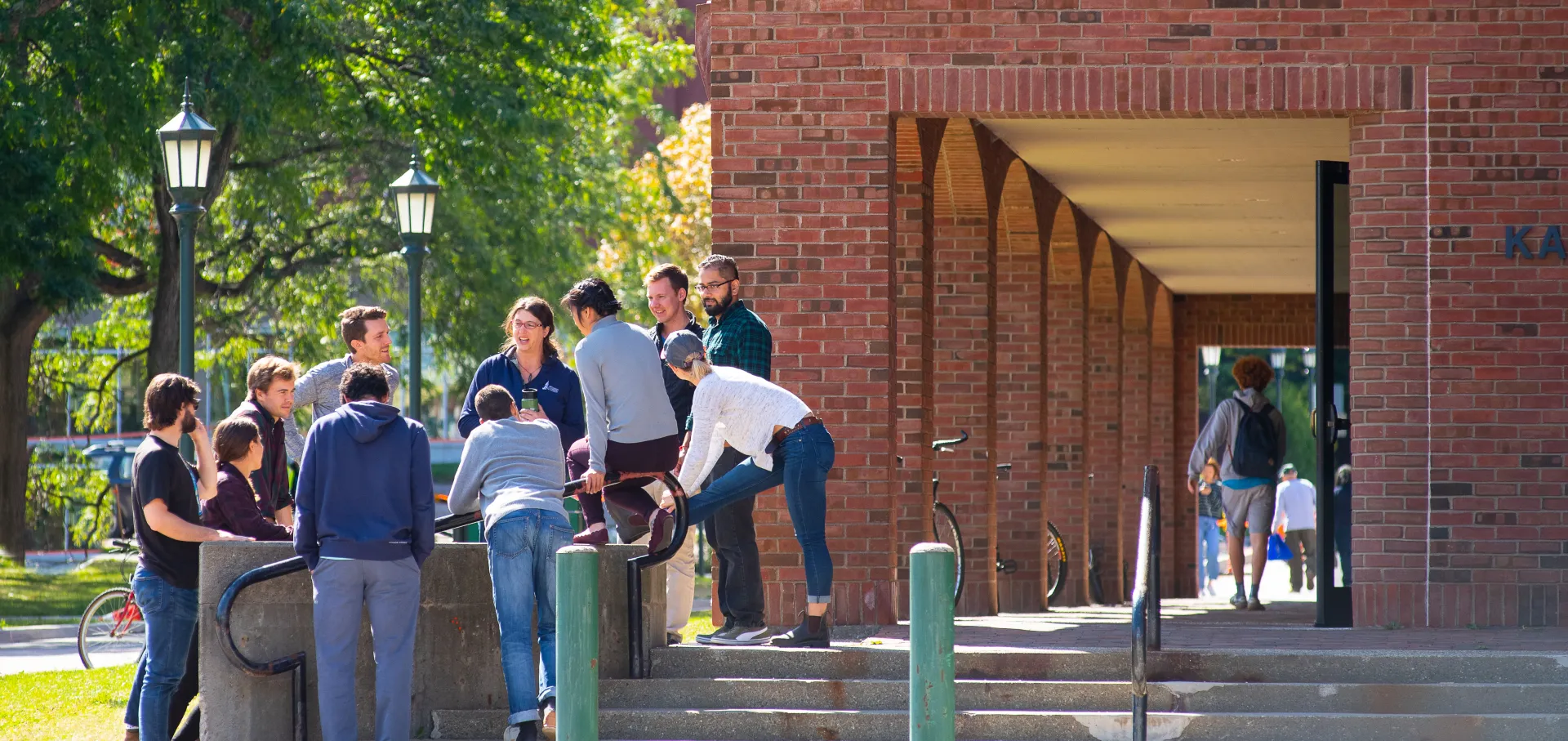Upcoming Seminars

The Third Realm and Informal Sector Entrepreneurship in Urban China
February 27, 2026
University of Vermont
Ifshin 358
12:00 p.m. - 1 p.m.
How do informal sector entrepreneurs strategically interact with the institutional arrangements determining their degree of inclusion in society? Drawing on a framework that defines informal sector business activities as illegal but perceived as legitimate by important stakeholders (Haynes & Ireland, 2014), we develop a theory of how entrepreneurs interact with institutional arrangements in the informal sector. We argue that the tension between illegality and legitimacy gives rise to arrangements that allow informal businesses while excluding operators from the mainstream of society. We employ a grounded theory approach to analyze the history of networks of illegal rural migrants who created used cooking oil (UCO) collection businesses in Beijing during the economic boom of late 20th-century China. Our case study is informed by scholarship of Chinese administrative history that identifies a characteristically Chinese institutional
arrangement, the Third Realm. By drawing from interviews with members of UCO collector communities active in Beijing from the 1980s through the first two decades of the 21st century, we explain how the arrangements that govern informal sector activities can become dynamic and transitional between negative and positive states. In this context, informal sector entrepreneurs deploy strategies that resist hostile control and leverage social capital to reduce exclusion of their communities.
Guest: Prof. Zhaohui Wu
Professor of Supply Chain and Operations Management
Oregon State University
Zhaohui Wu is a professor of Supply Chain and Operations Management. He is a the Leverhulme University Fellow at The University of Exeter in the United Kingdom. He serves as associate editors of Journal of Operations Management, Journal of Supply Chain Management, Decision Sciences Journal and Journal of Purchasing and Supply Management and Assistant Director of Global Hemp Innovation Center at OSU. Currently he is conducting research in the areas of supply networks, sustainable food systems, and humanlitarian relief operations. Prior to his work in academy, Dr. Wu worked at a US-based aerospace company, and a Chinese international trade company. He also has served on the advisory board of two private companies in Oregon and received research grants from NSF, USDA, AT&T, Institute for Supply Management, and Australia Research Council among others.
